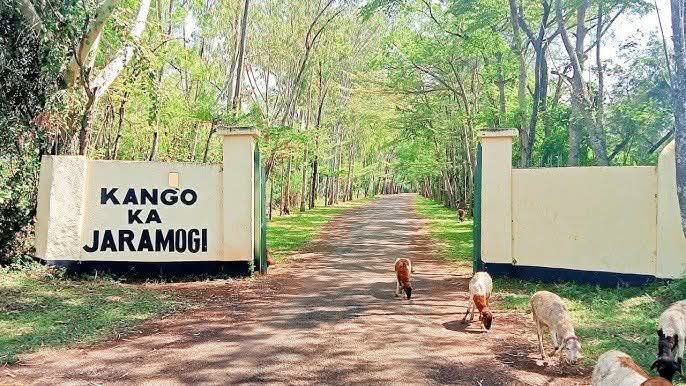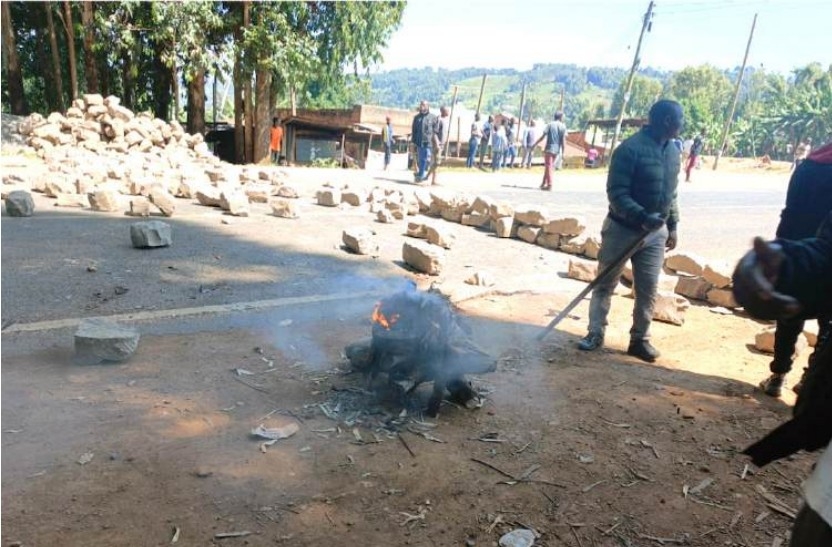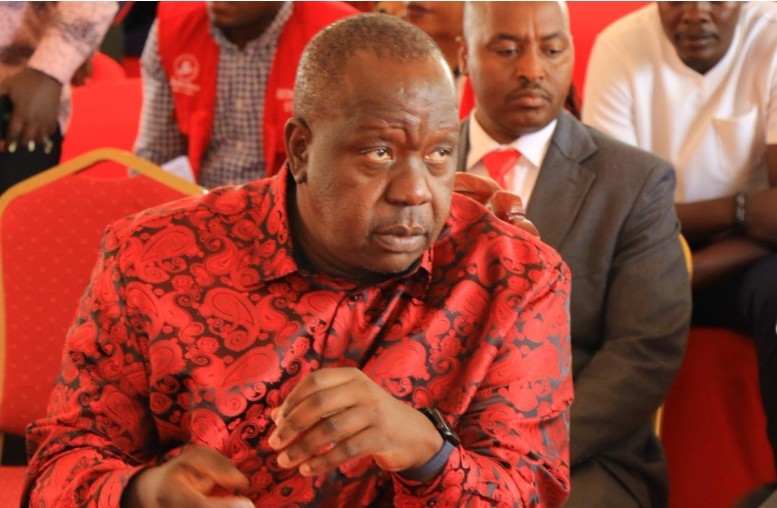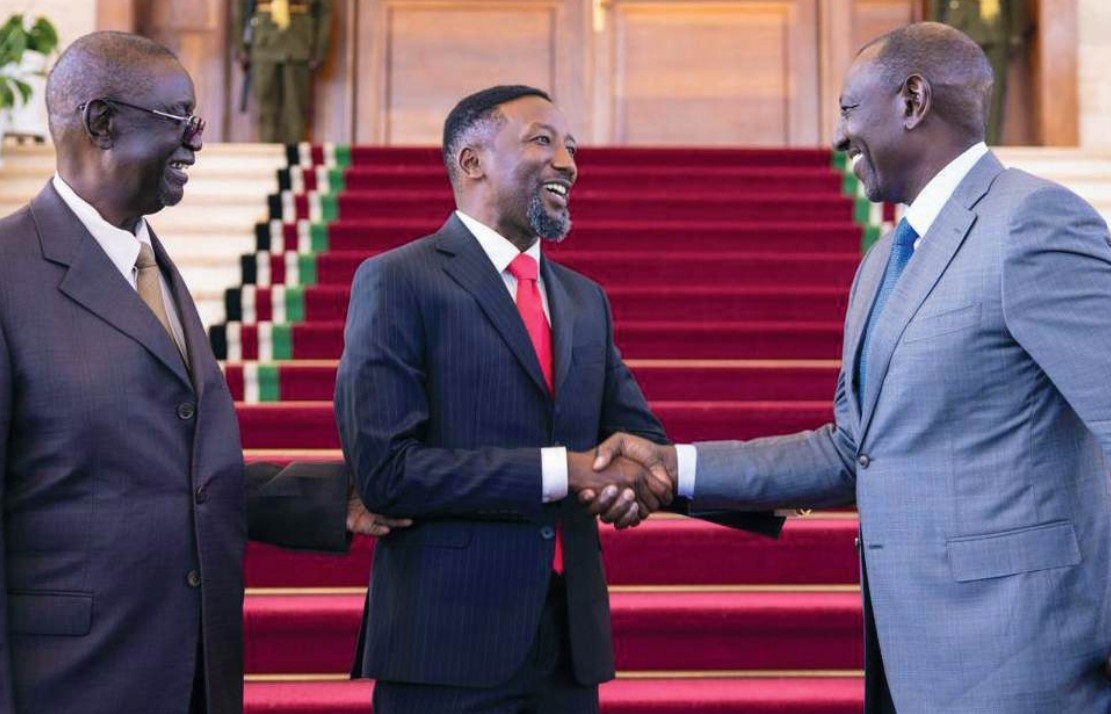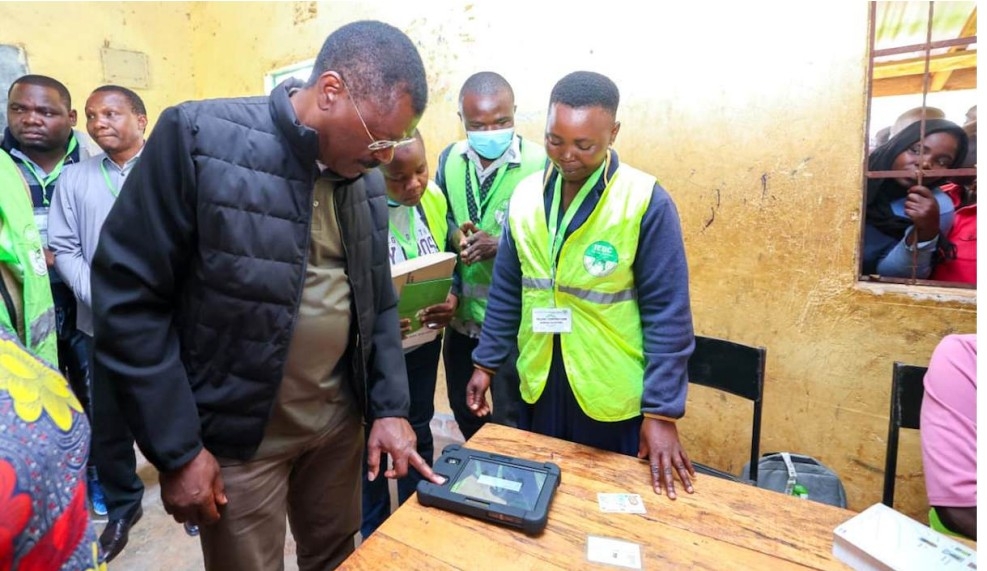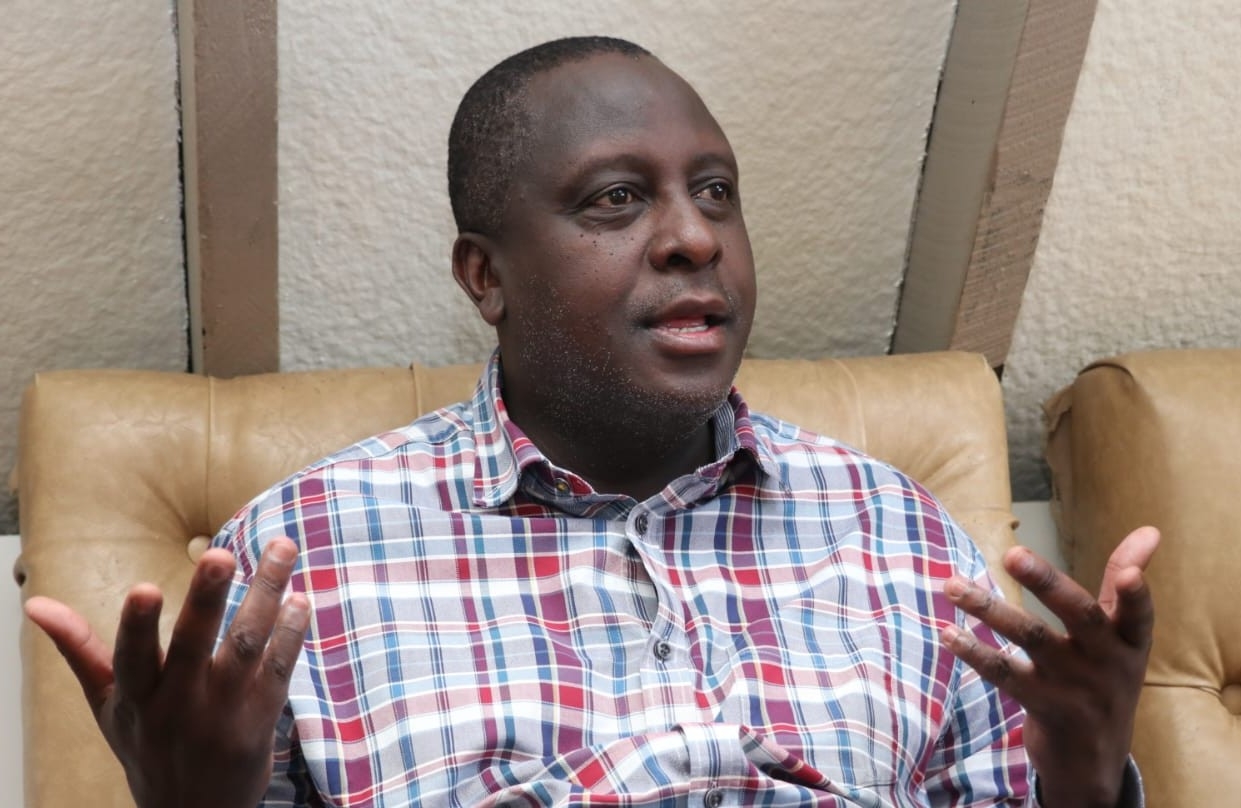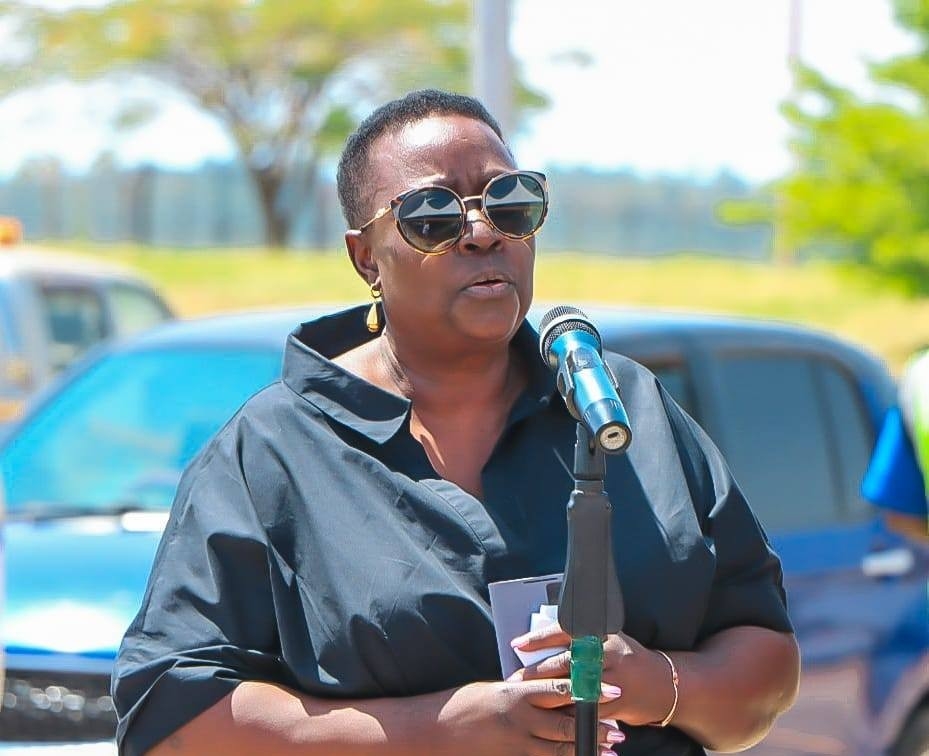Kenya and Algeria have expressed concerns over the escalation of the military tensions in the occupied territories in Western Sahara.
In a joint communique between Kenya's Foreign Affairs CS Raychelle Omamo and her Algeria counterpart Sabri Boukadoum, the two countries said the United Nations Secretary-General should appoint his Special Envoy for Western Sahara to advance the consultations and preparations for the UN-mandated Referendum.
The concerns come amid escalating armed conflict between Morocco and the self-proclaimed Sahrawi Arab Democratic Republic (SADR), represented at the United Nations by the Polisario Front, in the disputed region of Western Sahara.
This is the latest escalation of an unresolved conflict over the region that has left dozens killed and scores injured.
Although the region is largely occupied by Morocco, about 20–25 per cent is administered by the SADR.
The violence ended a ceasefire between the opposing sides that had held for 29 years in anticipation of a referendum on self-determination that would have settled the dispute.
However, despite the establishment of the United Nations Mission for the Referendum in Western Sahara in 1991, the referendum was never held.
In mid-October 2020, the tensions deepened when Saharawi peaceful protesters blocked a controversial road connecting Morocco to sub-Saharan Africa.
Reports indicate that the protesters camped on the road near the small village of Guerguerat, where it passes through a 5-kilometre-wide buffer strip monitored by the UN.
Despite the controversy, the route had grown in economic importance such that the protest stranded about 200 Moroccan truck drivers on the Mauritanian side of the border.
As a result, Moroccan forces were deployed near the area in early November with Mauritanian forces reinforcing their positions along its border with Morocco, which is controlled by the Polisario Front.
On November 13 last year, Morocco launched a military operation from the Berm into the demilitarised buffer strip of Western Sahara to clear the protesters near Guerguerat and restore the free movement of goods and people.
But the Polisario Front urged the United Nations to intervene, noting that the Moroccan military operation violated the ceasefire agreements of the 1990s.
The Front furthermore accused the Moroccan security forces of shooting at unarmed civilians in the buffer strip.
Morocco, however, denied there had been any armed clashes between the sides and said the truce remained in place while SADR authorities declared the ceasefire over.
Clashes spread that same day along the Moroccan Berm, with Morocco claiming that it had repelled a Sahrawi incursion near Al Mahbes.
Since the beginning of the conflict, both countries have begun mass mobilisation and the SADR Ministry of Defense claims to be bombarding military objectives along the Moroccan Berm daily.
It is the first major clash over the region since 1991.
But Kenya and Algeria while reaffirming their position on the achievement of a just, lasting and mutually acceptable political solution that would provide for the holding a free and fair referendum on self-determination for the people of Western Sahara, underlined the crucial and urgent need for United Nations Secretary-General to appoint his Special Envoy for Western Sahara to advance the consultations and preparations for the UN-mandated Referendum.
The two countries Ministers discussed and exchanged views on the political, peace and security situation in Africa, and expressed convergent views and concerns about the instability and conflict in some parts of the Continent, including in Libya, Mali, the Sahel region, the DRC, CAR and in parts of the Horn of Africa Region as well as on the global threat of terrorism and extremism which they condemned in the strongest terms possible.
They called for more efforts to stop the increasing and extremely worrying spread of terrorism in all regions of the continent, including through upholding international norms with regards to the prohibition of payment of a ransom to terrorists.
Concerning the situation in Libya, the Ministers underscored the need to redouble efforts in order to preserve the cease-fire and secure an inclusive and Libyan-owned political solution to the conflict that will preserve the unity and territorial integrity of Libya and put an end to the external interference in the country.
Omamo and Boukadoum underscored the role of neighbouring countries in coordination with the African Union and called for greater involvement of the latter in the ongoing political process to resolve the crisis in Libya.
With regards to the situation in Mali, the Ministers underscored the need for the international community to provide the required support in order to ensure the success of the ongoing transition for the benefit of the Malian people.
"They acknowledged the role of Algeria in its capacity as Chair of the Follow-up Committee and underscored the importance of the full implementation of the Malian Peace and Reconciliation Agreement, emanating from the Algiers process, to preserve the unity and territorial integrity of the country, as well as the stability of Mali and that of the wider region," read part of the communique.
They welcomed the progress made in South Sudan by the parties that are signatories to the Revitalized Agreement on the Resolution of Conflict in South Sudan (R-ARCSS) and welcomed the ongoing peace talks to bring the non-signatories on board.
The Ministers encouraged the signatories to conclude the remaining implementation elements of the R-ARCSS and also urged the International Community to extend support and goodwill to the people of South Sudan and parties to the Revitalized Peace Agreement.



